An Assessment of Institutional Mechanisms for Combating Corruption in Nigerian Public Service
₦3,000.00
If you are interested in getting this project material “An Assessment of Institutional Mechanisms for Combating Corruption in Nigerian Public Service”, click on the DOWNLOAD BUTTON to make payment and the file will be delivered to your email immediately after confirmation.
Description
– An Assessment of Institutional Mechanisms for Combating Corruption in Nigerian Public Service –
Download An Assessment of Institutional Mechanisms for Combating Corruption in Nigerian Public Service. Students who are writing their projects can get this material to aid their research work.
Abstract
Corruption in the public service has triggers government response by setting up an impressive array of institutions designed to curtail the malaise in the public sector. However, these efforts have continued to fail.
This thesis have taken a deep assessment of institutional mechanisms for combating corruption in Nigerian public service, given special attention to the Independent Corrupt Practice and other Related Offences Commission (ICPC),
the Economic and Financial Crimes Commission (EFCC), Bureau for Public Procurement (BPP), and Code of Conduct Bureau (CCB).
The Objectives of the study is to find out the extent to which the anti-corruption mechanisms has gone in the fight against corruption, ascertain the efficacy or other wise of these institutional mechanisms, to identify the problems militating against them and maker recommendation that will strengthened these institutions.
Data for the study were generated from both primary and secondary sources. The instrument of primary data used is questionnaire while published and unpublished text, form the basis of secondary data. Data analysis was done by employing both qualitative and quantitative method.
However, the chi-square (X2) was used to test the hypothesis. The thesis revealed that, factors which constituted obstacles to the various anti-corruption institutions are basically like of autonomy and training as well as inadequate crime fighting facilities.
Although the study discovered that, the corruption fighting agencies has reduce corruption in Nigerian public service to some extent,
it went further based on these findings and recommended among other things that, there should be explicit compulsory public declaration of assets and liabilities of those holding statutory position in the Nigerian Public Service; The anti corruption agencies should be given greater operational autonomy
Introduction
1.1 Background of the Study
Corruption is a global malaise which has not been known to spare any country in the world. This entail that, corruption is a common phenomenon found not only in the developing countries and societies, but also in the so – called advanced societies in Europe, America, Japan and Russia despite their level of development.
However, its depth and span of existence in Nigeria has created the negative impression that it is indigenous to the nation. Corruption is a recurring decimal in the Nigerian public service and to socio-economic and political development of the country.
Alabi and Fashagba (2010: 1) observed that, one major challenge to Nigeria’s search for enduring socio-economic, political and technological development as well as efficient and productive utilization of allocated resources in the new millennium is the pervasive corrupt practices in the polity.
In a related view Ango (1986:9) stated that, “no doubt, corruption has eaten deep into the fabric of Nigerian Society, so much so that, I believe it is at present the greatest obstacles to national development” corruption appears to be seen in some quarter as something worthy of accommodation.
This Ogundeji (2000:7) put across thus;Corruption has had such a good run in our schema of things that many compatriots are daily seeking examples to authenticate why the madness may essentially be accommodated as Nigeria’s peculiar cross, a defying trait of a people.
Events in Nigeria have established without doubt massive waste and distortions inflicted on the people and systems as a result of corruption.
How to Download this Project Material
First, note that we are one of the best and most reliable online platforms because we don’t retain any of your personal information or data as regards making payments online.
PRICE: ₦3,500 ₦3,000 (Three Thousand Naira Only)
Make a bank deposit or mobile transfer of ₦2,000 only to the account given below;
Bank Name: UBA Account Number: 1022564031 Account Name: TMLT PRO SERVICES
After making the payment, CLICK HERE to send the following on WhatsApp;
- Depositor’s Name or Screenshot of Payment
- Name of the Past Question
- Active Email Address
or Call Us On +2348082284439 Once your details have been received and your payment confirmed by us, you will receive the past question in your email or WhatsApp within 5 Minutes.
Guarantee of Getting the Material
We understand that due to the high rate of fraud, many people are afraid of making purchases online but be rest assured that PastExamQuestions will deliver your material after payment.
Once your details have been received and your payment confirmed by us, you will receive the past question in your email or WhatsApp.
Give us Feedback
Have we been able to satisfy you? How well do you think the material will be helpful after having gone through it? Does the price worth the material?
Let’s hear from you! We recommend that our customers give feedback at the end of every transaction to enable us to serve better. You can do this by clicking the review button on this page.
Where is the review button? >> Just scroll up to where you see reviews
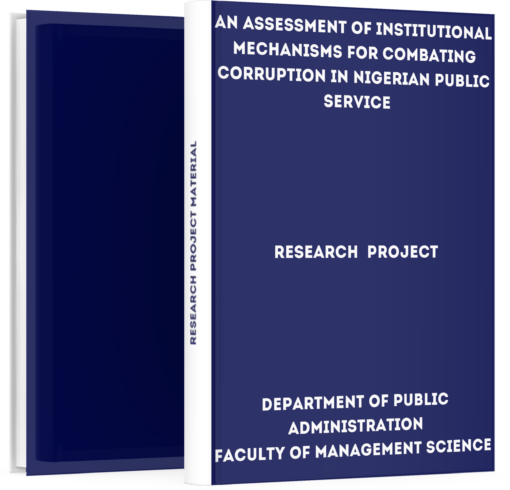
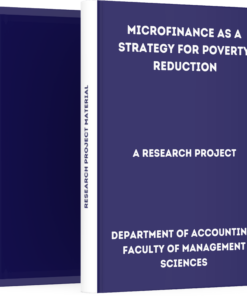
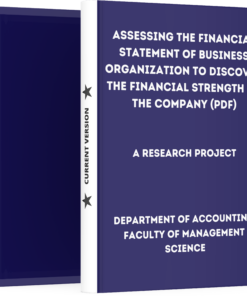
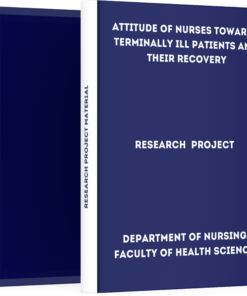
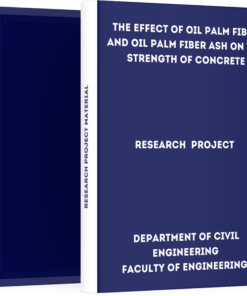
Reviews
There are no reviews yet.